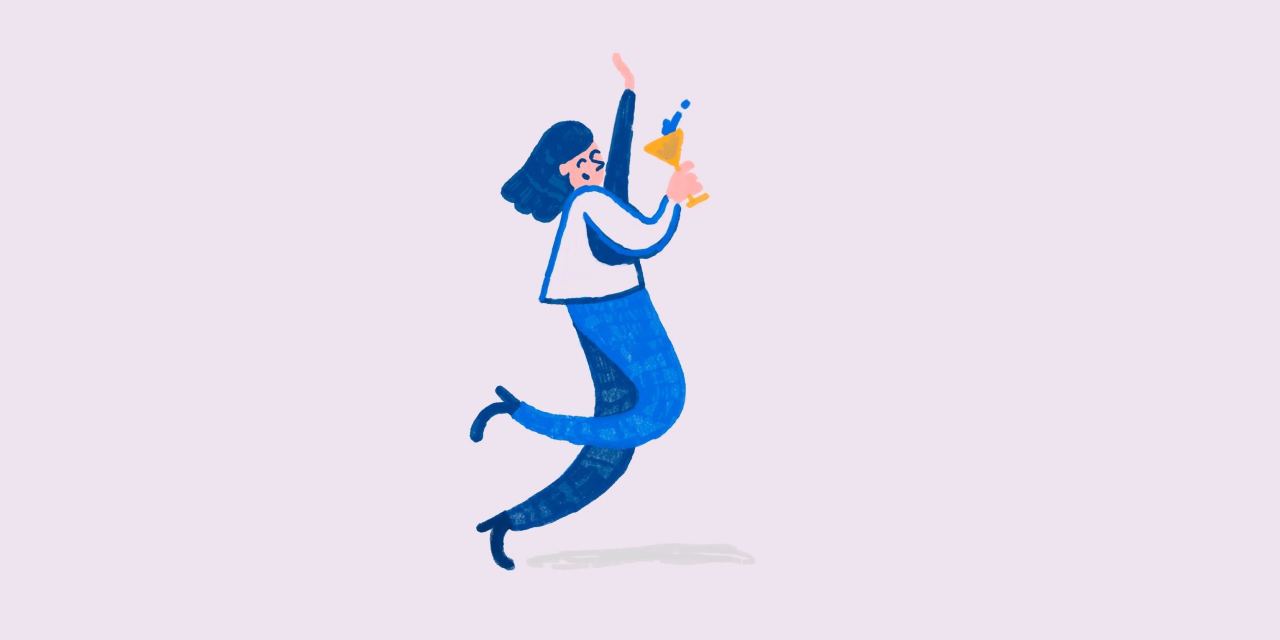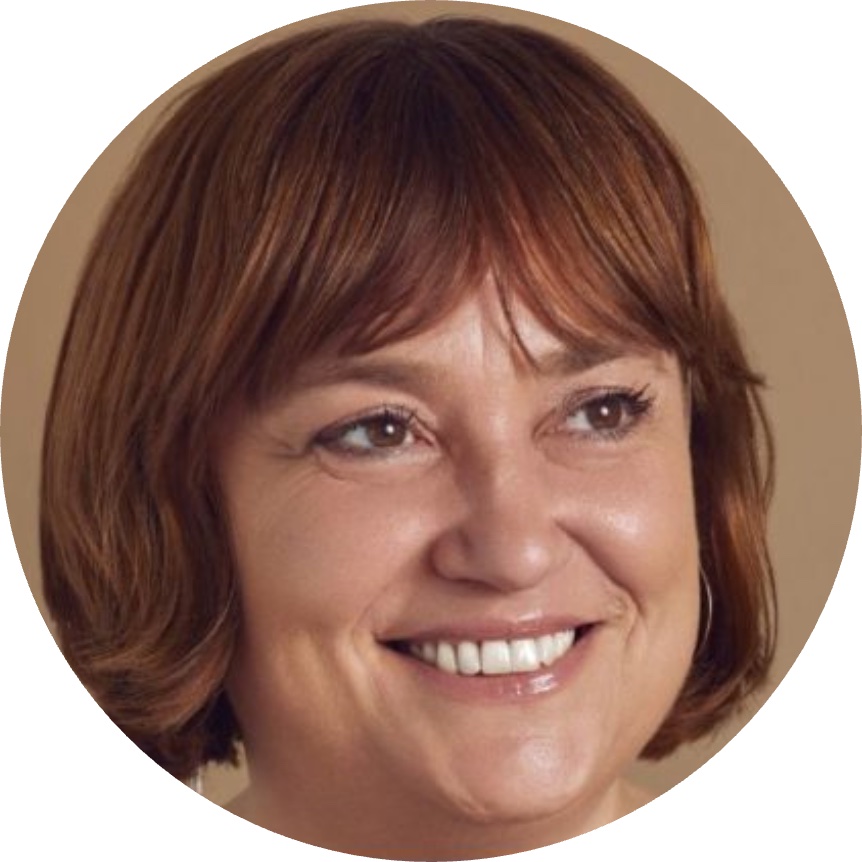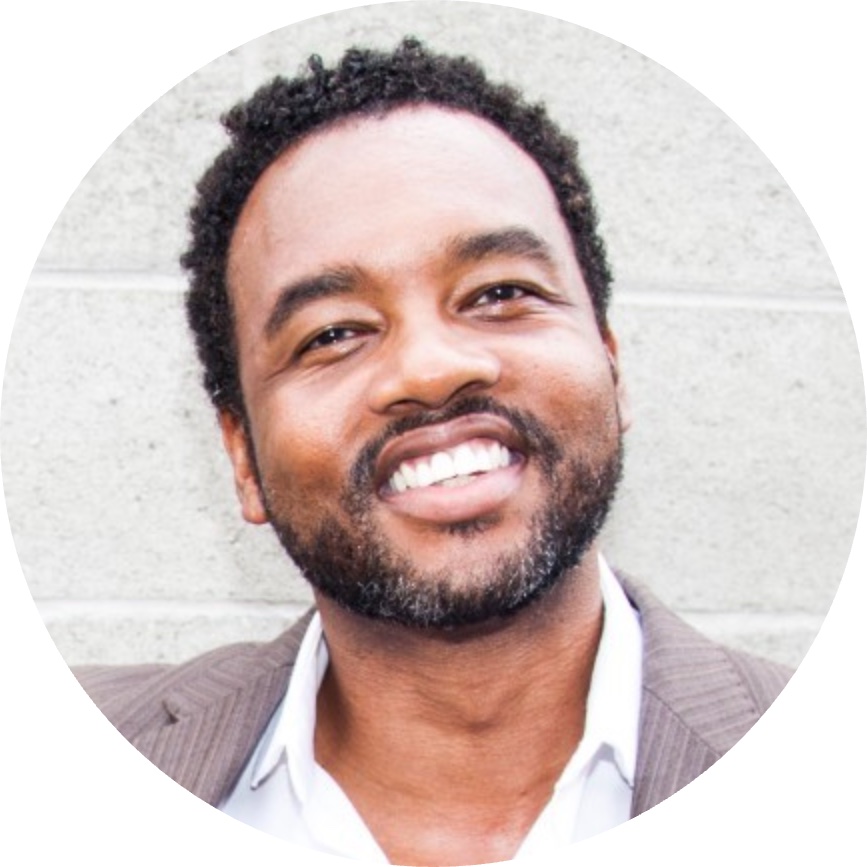‘It severely affected my mental health’: Is time being called on boozy office culture?

The sound of a bottle of Prosecco popping on a Friday afternoon in the office. Rounds of drinks after work. Client dinners with yet another bottle of wine being cracked open. It might sound all too familiar across many industries. But how does this chime with a change in behavior when it comes to drinking alcohol?
It’s hard not to pick up a paper or read a magazine without some reference to the shift in alcohol consumption, with the rise of sober or mindful drinking. A NielsenIQ survey last year found that 22% of people were cutting back on alcohol while a third of U.K. adults said they were opting for low and non-alcoholic drinks on a “semi-regular” basis, according to a YouGov survey for the U.K. regulator for alcohol labelling The Portman Group.
Three years ago, after her love affair with booze ended following over 25 years in what she described as an “alcohol-focused advertising industry”, Julia Linehan, founder and managing director of PR agency The Digital Voice, set up a WhatsApp group called SPILL – Sober Party Industry Lads and Ladies. The group, which comprises some 100 people working in the industry, is intended to support those who have said no to booze, or who are members of Alcoholics Anonymous, or those that are simply sober curious.
“We encourage event organisers to add booze-free options and events like MADfest [marketing and advertising conference based in London, U.K.]. always delivers,” she said. “We also ask the industry to consider events that don’t revolve solely around boozing. It can be a part of it but should not be the focus.”
Linehan is angry that the industry at times isn’t so reflective of the wider trend around mindful drinking. While tent pole events for the ad industry, known for their boozy history – like Cannes Lions Festival of Creativity – provide an abundance of soft drinks, they neglect to provide what Linehan considers more “adult” alcohol-free options. “This frustrates me so much. There are 750-plus alcohol-free adult alternatives available,” she said.
Still, change is at least happening within companies. At booking platform DesignMyNight, the mantra used to be “work hard, play hard”, said Leighanne Bent, senior marketing and PR manager for the company.
“Every Friday we would shut down our laptops 30 minutes early to read out team wins, make cocktails and get merry,” she said. However things have changed. “The pandemic shifted a lot of things, and it highlighted that although it was the norm for us – we didn’t and don’t need to hop on the Prosecco express at every social event to connect with each other,” added Bent.
The company has made a concerted effort to offer alternatives including non-alcoholic cocktails, beers and spirits. “That’s something nobody would have requested or even considered important a few years ago,” said Bent. Priorities now lean toward mindfulness and looking after themselves so there’s more of a balance rather than an all-or-nothing attitude, she added.
Since its launch in 2020, PR agency Words + Pixels has held regular socials twice per month to connect the team outside of standard working activity. “We wanted to make sure there was something for everyone, so many of these didn’t involve alcohol,” said founder Nick Braund, adding that these would include pizza making, pottery sculpting and the immersive adventure Crystal Maze Experience.
Alexandra Annable, freelance consultant and non-exec director of tech community Techfugees, said she has felt uncomfortable in the past working at companies with a drink-fuelled culture. “I was given an expense account to basically get wasted and get clients wasted on long lunches and this played a huge part in my issues around alcohol.”
Since becoming sober, she has “felt excluded, outcast and it severely impacted my mental health,” said Annable, who is in recovery. “I was made to feel like I wasn’t a team player or interested in getting ahead at the company. It made building strong relationships with other team members extremely challenging.”
She is an advocate of finding creative ways of having team or company events that are more interactive and not around alcohol such as taking clients to a private viewing at a gallery. “In some cases, people have enjoyed doing other activities more because they’ve actually remembered them and enjoyed them because they have been fully present,” she said.
Alcohol-free lifestyle choices are on the rise, as “sober curious” trendsetters take a hard look at how drinking culture permeates all aspects of life, according to James Kinney, global chief diversity officer at advertising agency Media Monks based in Los Angeles. “The pandemic placed a greater focus on more meaningful connections for employees, and we find that purposeful activities fulfill that need more than the typical ‘after work drink’ that was so commonplace before Covid-19.” He said the company has organized more trivia and games nights and dance classes.
“Decentralizing alcohol in events has enabled more robust and thoughtful opportunities for interaction. This emphasis has enabled employees to let their creativity show, and foster a broader sense of inclusion,” Kinney added.
The pandemic clearly has led to a shift in people’s feelings towards alcohol.
“The pandemic acted like a wakeup call for many,” said Gayle Macdonald, a sobriety coach, who quit drinking in 2018. “Some turned to alcohol to cope. Some carried on while others didn’t feel good carrying on like this.” She also said a wider shift is happening. “The younger generation is becoming more health conscious and mindful of the cost given the economy.”
For many, the return to the office may accentuate the changes in people’s attitudes toward work socials. “The pandemic has given people time to reflect on their own habits such as alcohol consumption and decide if it’s something they want to take part in upon returning to work post pandemic, including within the workplace,” said Chloe Outen, HR and talent manager at the creative ad agency Riverr, part of the LAB Group.
How companies should respond
Embracing an inclusive and open-minded culture where employees don’t have to defend why they aren’t drinking alcohol, is a good starting point for employers to take, according to Outen. She said that focusing on a culture which nurtures well-being and building social connections away from the focus of being solely alcohol related, is also key. “Offer activities that are accessible to all, no matter their beverage preference,” she added. “There is so much more on offer now in terms of activities/events than before the pandemic to promote team-building both online and offline, without the ‘boozy’ focus.”
Unfortunately there’s still a shame and stigma around not drinking in some workplace cultures. Macdonald recommended those reducing their intake or who are sober should consider taking their favorite alcohol-free drinks to events – as some of her clients do. “Some of my clients…if they want to leave, say they have an early meeting or are driving so don’t feel pressured,” she added. But that’s not to say it’s easy. “Alcohol is addictive. It takes a lot of courage and strength to go against that and in a work environment it can be more intensive.”
As the number of those switching away from booze rises, it’s worth noting there are numerous benefits besides health.
“At an industry event, drinking alcohol so often leads to people making mistakes, being inappropriate, saying or doing something that they shouldn’t,” said Linehan. “It goes without saying that if you don’t drink, you can just enjoy every element of an event – the atmosphere, the company, the content, the people, music, food and remember it all. Socializing sober is refreshingly enjoyable.”


